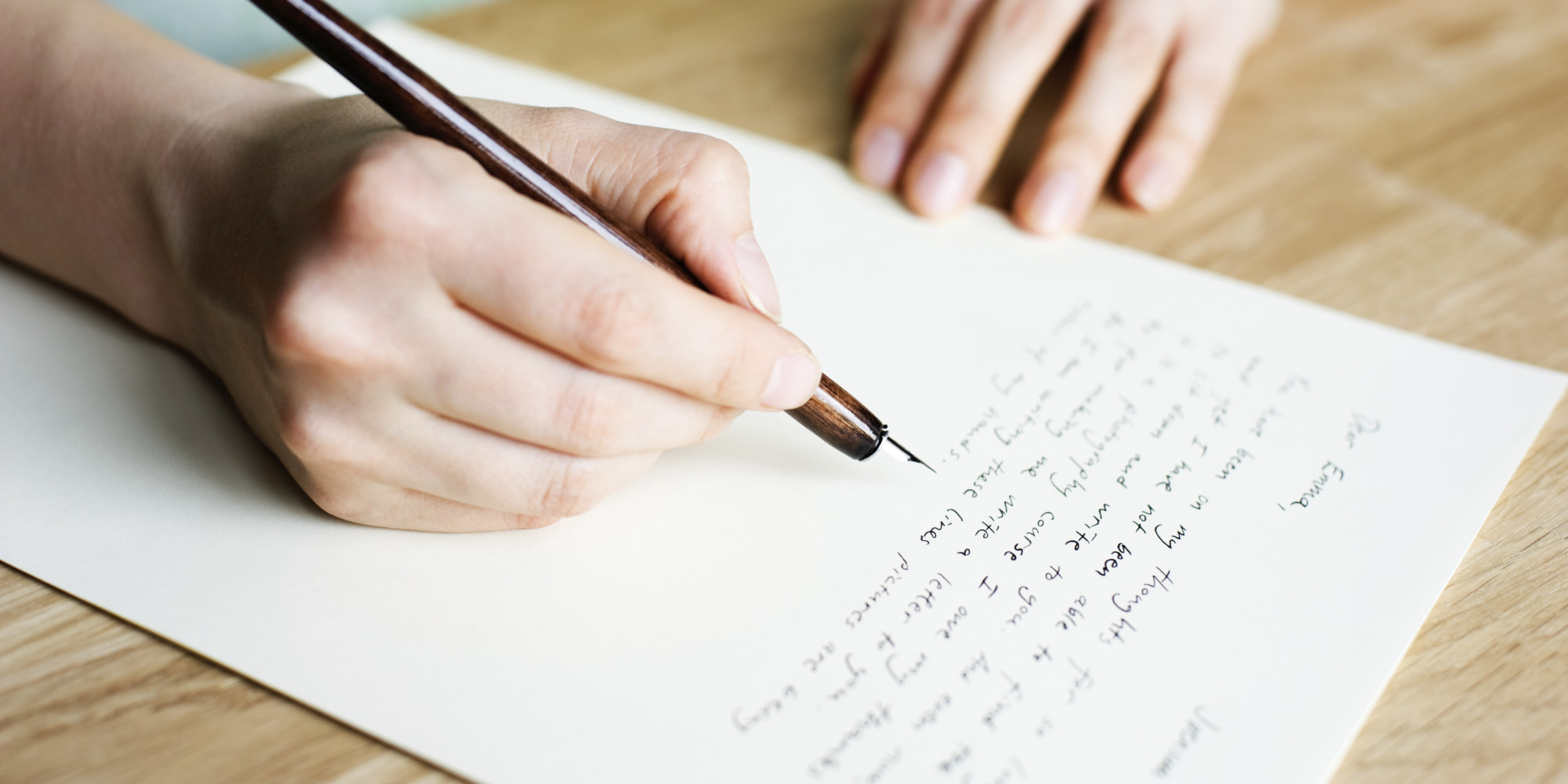
What are you hoping to learn or gain from it? Think of your notes as a guide to your learning and development after the event. Before you start taking any notes be clear about why you are attending the talk or meeting.When you arrive at the meeting or lecture try to sit so that you can clearly see and hear the main speaker. If you are using some form of computer to take notes it is usually a good idea to turn off any messaging services first – otherwise you are likely to be distracted by new emails, text messages or the like. Some people prefer to take notes on a laptop, tablet, smartphone or some other device – this is fine as long as you are very comfortable with the technology - so that they can concentrate fully on their notes – not on the actual process of writing them. Bring plenty of paper and at least one spare pen or pencil.
#Place to write notes series#
The simplest low-tech way of taking notes is to use a pen (or series of different coloured pens) and a pad of paper. The nature of the ‘appropriate’ note-taking equipment will depend partly on you and partly on the circumstances. It may seem obvious but you need to remember to take some appropriate note-taking equipment with you to meetings, lectures etc.

Effective note-taking involves listening whilst jotting down key points that will be important later: in a business meeting this may include action points that you have agreed to attend to in a lecture this may include new vocabulary or theories that you can investigate further later.īefore you can take effective notes you need to be somewhat organised. It is important to recognise that taking notes should not distract you from listening intently to what the speaker is saying. You may well remember the overall topic of the discussion, even some very specific details, but you won’t remember everything. It is a mistake to think, when going to a meeting or attending a lecture or some other important talk, that you will remember the details of what has been said - you won’t. Regardless of how good you think your memory is - you will need to take notes in certain situations to remind yourself what was said. Note-taking is, simply, a way of concisely recording important information so that you can recall it later. See our page: Taking Notes while Reading for more information. There are times in life when effective note-taking of the written word is also important – especially when studying. This page covers effective note-taking for verbal exchanges – that is, summarising what has been said, in face-to-face conversations, over the phone and in group situations – like in meetings or when attending a lecture. There are different approaches to note taking, depending on the type of communication you’re engaged in.

Note-taking is a powerful aid to communication, a way of summarising and retaining the key points from what you’ve heard and understood.

Effective note-taking is an important transferable skill, a skill that can be applied in all aspects of life, socially, at work and during study.


 0 kommentar(er)
0 kommentar(er)
